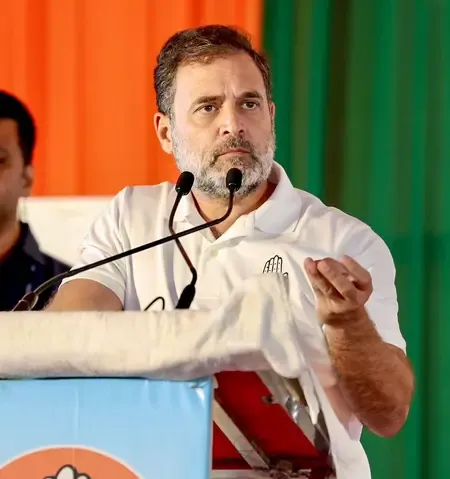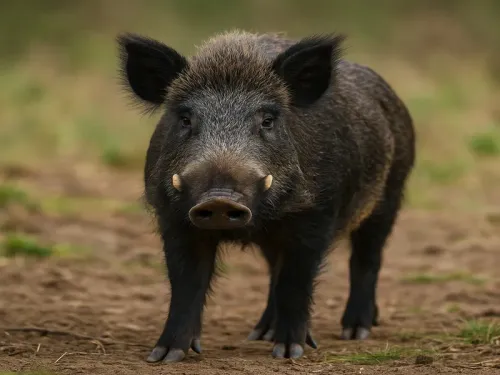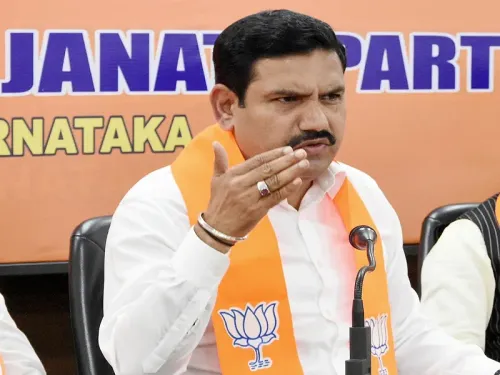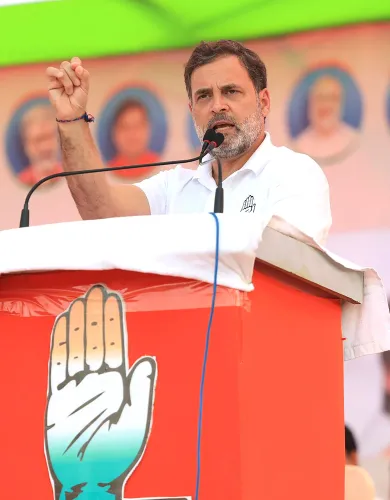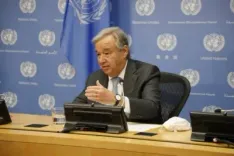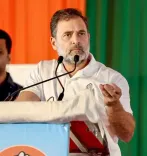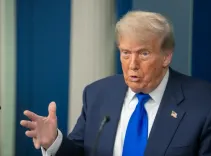Is AAP's Education Model Better than BJP's?
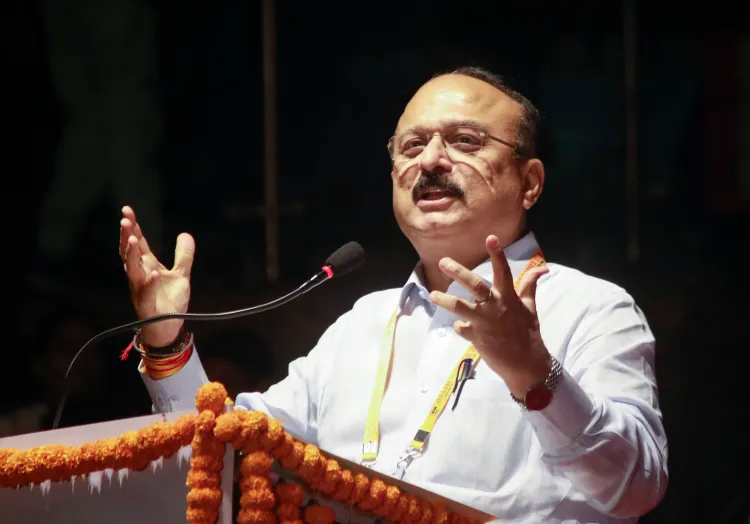
Synopsis
Key Takeaways
- Delhi's education policies are under scrutiny from both the AAP and BJP.
- Fee hikes in private schools have ignited public concern.
- BJP accuses AAP of ineffective governance in the education sector.
- AAP claims credit for breaking the hold of the education mafia.
- Both parties aim to appeal to voters ahead of elections.
New Delhi, May 20 (NationPress) The Delhi BJP and the Aam Aadmi Party (AAP) engaged in a heated exchange on Tuesday regarding the condition of educational institutions and recent fee increases, each touting the superiority of their respective ‘education models’.
Former chief minister Arvind Kejriwal accused private schools of implementing unchecked fee hikes under the new administration, while Education Minister Ashish Sood ridiculed the previous AAP government's ‘world-class education model’ and charged Kejriwal with disseminating misinformation to maintain his political relevance.
Sood stated, “Kejriwal and the AAP have returned to disseminating a false narrative about their so-called educational revolution and cannot resist engaging in divisive politics.”
“Their education minister, who promised a ‘revolution’, was compelled to shift his Assembly seat and still could not secure victory despite this drastic step,” he claimed, asserting that the AAP's ineffective education model was laid bare to voters.
He added that even Kejriwal, who once presented himself as a ‘messiah of development’, faced rejection from the electorate in Delhi.
Sood further criticized the AAP government for securing favorable articles in international media about its education model, declaring, “A government achieves success through grassroots efforts, not by advertising in foreign publications.”
“Does Kejriwal have any explanation for why there are merely 48 schools available for 1,48,000 children in the Muslim-majority area of North East? If he genuinely cared, why are children forced to travel seven kilometers or more to reach their schools?” questioned Sood.
He asserted that under Chief Minister Rekha Gupta, their administration is dedicated to serving all community sections, regardless of religious or economic backgrounds.
“We have facilitated admissions for EWS students in private schools across all constituencies and are establishing CM-Shree schools equipped with smart classrooms,” he noted.
Sood accused Kejriwal of resorting to low tactics and making unfounded claims merely to stay relevant in the political sphere.
Earlier, while inaugurating the AAP’s student wing, Kejriwal criticized the BJP government for failing to regulate private school managements.
He took credit for dismantling the “education mafia” operating in Delhi’s private schools that arbitrarily increases fees.
“It has only been three months since the Delhi government regained power, and already private schools have raised fees and stationed bouncers at their entrances to deter students who cannot afford payment,” the AAP national convenor remarked, referencing a prominent private school in Dwarka.

